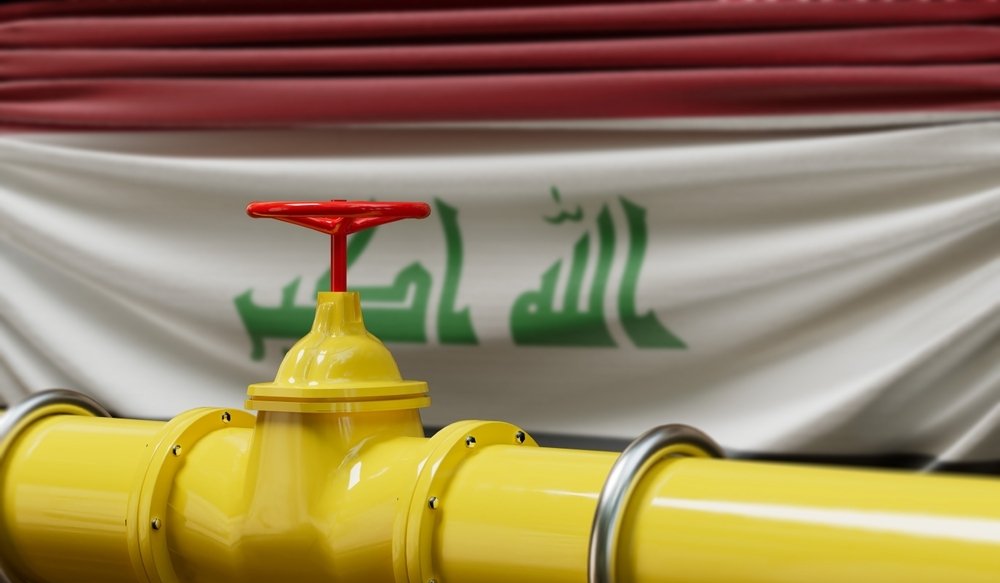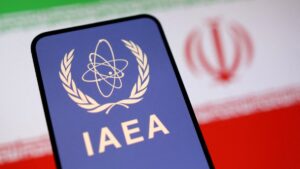The 1.6 million barrel per day Kirkuk-Ceyhan pipeline has been offline since 2023, when the International Court of Arbitration ruled that Türkiye breached the contract by directly trading oil with Iraq’s Kurdish Regional Government (KRG) beginning in 2013 and asked Ankara to pay $1.4 billion (TL 56 billion) in damages for allegedly facilitating unauthorized Iraqi oil exports between 2014 and 2018. The court also awarded nearly $600 million to Türkiye because of the low capacity of the pipeline and unpaid transportation fees. Overall, Türkiye appealed the decision. It’s worth noting that Ankara wouldn’t incur any financial losses because the deal includes an indemnity clause. Any award would be paid by the KRG, therefore by the Iraqi party.
Ever since the halt of the pipeline, Baghdad and Irbil have strived to reach an agreement for the implementation of the federal budget amendment, an internal political and legal dispute between Baghdad and Irbil, not that of Iraq and Türkiye. On July 17 of this year, the meeting between Iraq’s Federal Ministry of Oil and the International Oil Companies operating in Iraq’s Kurdish region ended with a resolution in favor of Baghdad. Iraq’s federal government has urged setting the transportation fee at $16 per barrel, a move seen as a key milestone toward breaking the standoff over the resumption of crude exports through the Iraq-Türkiye pipeline.
Under the terms of the agreement, the KRG will transfer revenues from all oil produced in Iraq’s Kurdish region to Iraq’s State Organization for Marketing of Oil (SOMO) and receive a payment of $16 per barrel for crude production and transportation costs. The KRG is required to supply at least 230,000 barrels per day (bpd) to Baghdad, with any additional volumes contingent upon output increases also being handed over to SOMO. In the event of a halt in exports, the entire production will be transferred to Iraq’s Oil Ministry. The latest agreement marks a significant step toward restarting oil flows through the Kirkuk-Ceyhan Pipeline, which has been suspended for two years.
What geopolitical situation motivated the resolution? The United States has been pressuring both Iraqi sides to reach a deal to resume exports. Washington has sought to restart the flows via Türkiye, partly to boost global supply and thereby help lower prices. At the same time, the U.S. administration has wanted to halt financial ties between Iraq and neighboring Iran as it applies pressure on Tehran over its oil exports and nuclear program. In April 2025, U.S. President Donald Trump’s administration had requested that Iraq resume oil flows or risk sanctions.
Türkiye, eager to adapt to the evolving geopolitical and economic landscape since the 1970s, is now seeking to negotiate a new agreement with Baghdad. The Türkiye-Iraq Crude Oil Pipeline Agreement, signed on Aug. 27, 1973, was renewed and extended for 15 years in 2010. However, this agreement is set to expire on July 27, 2026. Iraqi news agencies reported that Türkiye had already submitted a draft proposal to Baghdad, aiming to renew and expand energy cooperation in various sectors, such as oil, gas, petrochemicals and electricity.
One key motivation behind the shift is the current nature of the Kirkuk-Ceyhan pipeline agreement. The existing agreement regards the infrastructure as a unified entity that encompasses both nations, necessitating consensus from both states for any alterations. Consequently, even when only the Turkish side requires changes, negotiating modifications to the entire pipeline becomes a cumbersome process. This approach effectively prevents plans to connect Türkiye’s oil reserves in the Gabar region to the Ceyhan pipeline. As of May this year, the Turkish Energy Ministry reported that production had reached 81,000 barrels per day. Ankara remains optimistic that continued drilling in the region will reveal additional reserves, and thereby, daily production will reach 100,000 barrels per day in the near future.
Transporting Gabar oil by truck is merely a temporary solution; in the event of production increases, a pipeline connection becomes imperative. Consequently, Ankara aims to establish its own pipeline under the new deal. Prioritizing Turkish interests does not necessitate compromising on ties with Iraq. Türkiye could offer support to Iraq by investing in and sharing expertise in renewable energy sources, such as solar and wind power. Furthermore, potential areas of cooperation could extend deep into Iraq’s southern region. As part of Iraq’s Development Road initiative, a new pipeline from Basra to Türkiye is in the works. This pipeline would entirely bypass Iraq’s Kurdish region.
Energy Minister Alparslan Bayraktar revealed that Ankara has proposed constructing new pipelines to transport oil and natural gas from southern Iraq to Ceyhan, furthering Türkiye’s aspiration to become an energy hub. Goods, gas and crude would travel north from Basra to Haditha before reaching Silopi in southern Türkiye, largely bypassing Iraq’s semiautonomous Kurdish region. Bayraktar stated that a “principal agreement” has been reached between Türkiye and Iraq for the new pipelines and an additional electricity transmission line. An overarching energy framework agreement is anticipated to be signed in the upcoming months.




















































Be First to Comment